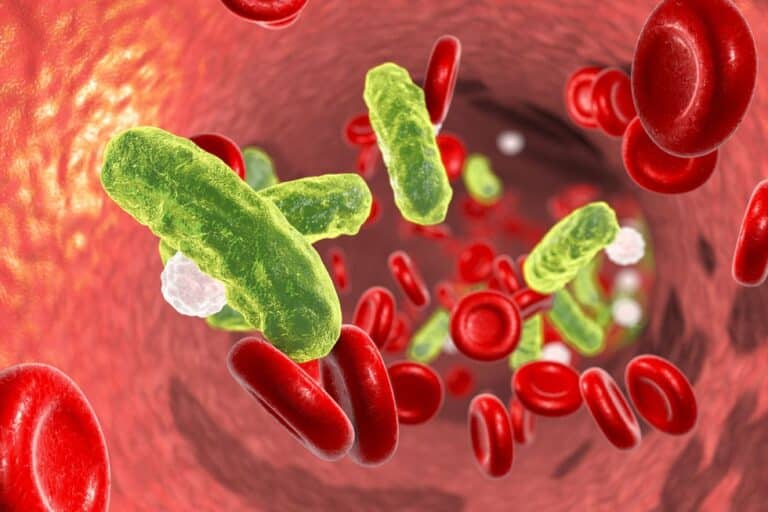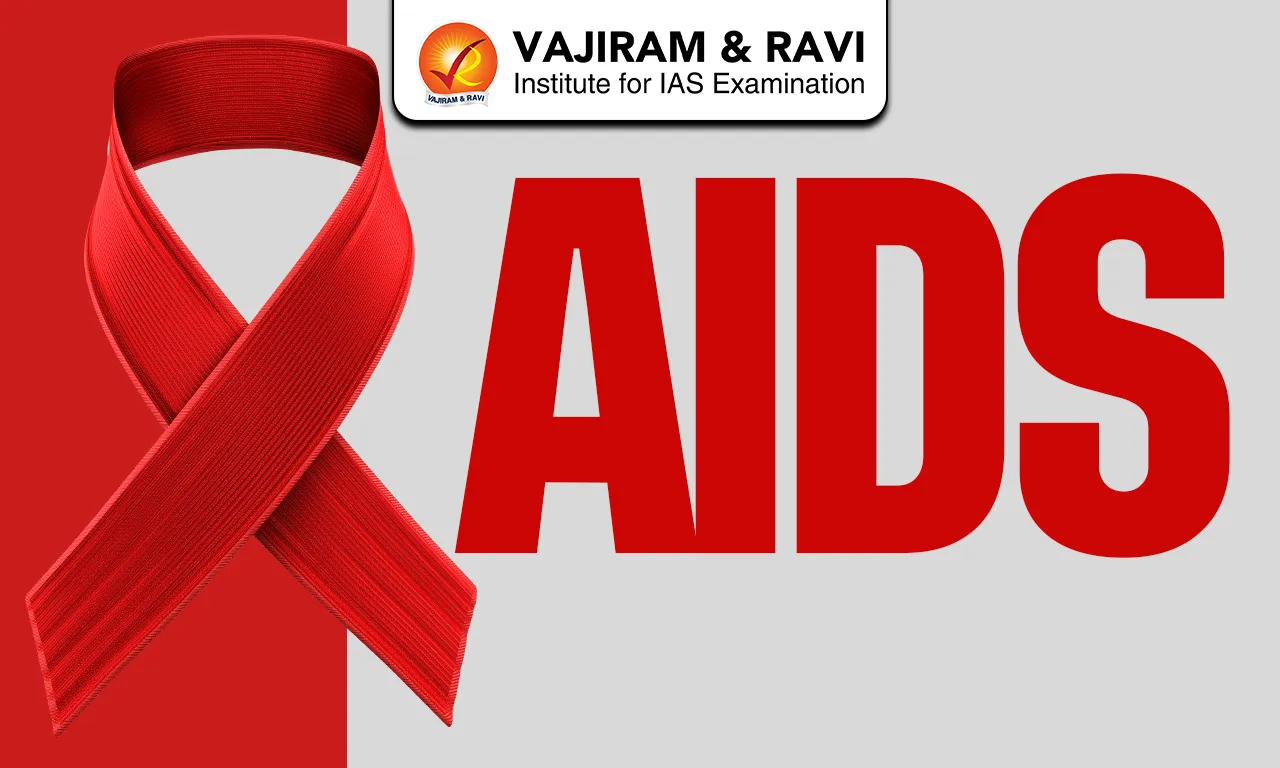What is Sepsis?
- Despite dramatic improvements in understanding the immunological mechanisms behind sepsis, it remains a major medical concern, affecting nearly 50 million people globally each year.
- Sepsis is a life-threatening condition arising from the body’s over-reactive response against infection, leading it to injure its tissues and organs.
- Researchers have studied how certain types of bacteria interact with cells during infections to discover the cells and molecules that potentially trigger death from sepsis.
- Autoimmunity and sepsis
- The body’s response to infection starts when immune cells recognise components of the invading pathogen. These cells then release molecules like cytokines that help eliminate the infection.
- Among the hundreds of cytokines that exist, tumour necrosis factor, or TNF stands tall as the most potent and the most studied for nearly the past 50 years.
- What is Tumour Necrosis Factor?
- It is a cytokine which is produced when the immune system is stimulated by a bacterial extract called Coley’s toxin.
- Blood cells made in the bone marrow (myeloid cells) are the major producers of TNF.
- In normal conditions, TNF promotes beneficial processes such as cell survival and tissue regeneration.
- Uncontrolled TNF production can lead to a dangerous cytokine storm and to the development of rheumatoid arthritis and similar inflammatory conditions.
- Blocking and neutralising TNF activity can effectively treat numerous autoimmune diseases, including rheumatoid arthritis.
- What are Cytokines?
- These are a broad group of small proteins released by the immune cells in response to a pathogen.
- Cytokines play an essential role in the immune response, excessive and uncontrolled cytokine production can lead to a dangerous cytokine storm.
Q1) What are the symptoms and treatment of Sepsis?
Sepsis occurs when chemicals released in the bloodstream to fight an infection trigger inflammation throughout the body. Some of its symptoms include fever, difficulty breathing, low blood pressure, fast heart rate and mental confusion.
It can be treated using antibiotics and intravenous fluids.
Last updated on March, 2026
→ UPSC Notification 2026 is now out on the official website at upsconline.nic.in.
→ UPSC IFoS Notification 2026 is now out on the official website at upsconline.nic.in.
→ UPSC Calendar 2026 has been released.
→ UPSC Final Result 2025 is expected to be released soon.
→ Check out the latest UPSC Syllabus 2026 here.
→ Join Vajiram & Ravi’s Interview Guidance Programme for expert help to crack your final UPSC stage.
→ UPSC Mains Result 2025 is now out.
→ UPSC Prelims 2026 will be conducted on 24th May, 2026 & UPSC Mains 2026 will be conducted on 21st August 2026.
→ The UPSC Selection Process is of 3 stages-Prelims, Mains and Interview.
→ Prepare effectively with Vajiram & Ravi’s UPSC Prelims Test Series 2026 featuring full-length mock tests, detailed solutions, and performance analysis.
→ Enroll in Vajiram & Ravi’s UPSC Mains Test Series 2026 for structured answer writing practice, expert evaluation, and exam-oriented feedback.
→ Join Vajiram & Ravi’s Best UPSC Mentorship Program for personalized guidance, strategy planning, and one-to-one support from experienced mentors.
→ Check UPSC Marksheet 2024 Here.
→ UPSC Toppers List 2024 is released now. Shakti Dubey is UPSC AIR 1 2024 Topper.
→ Also check Best UPSC Coaching in India


















